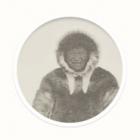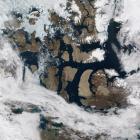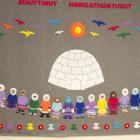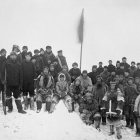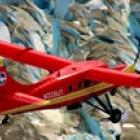Introduction
A mere dream for centuries, the Northwest Passage has now become a place and a topic where scientific and traditional knowledge intersect. This is the introductory chapter of “The Northwest Passage: Myth, Environment, and Resources”—a virtual exhibition written by historian Elena Baldassarri.



